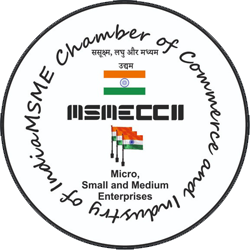Electronics waste recycling company and one of the world’s best lithium-ion battery recycling companies, Attero Recycling, has today announced that it will be investing Rs.300 crore into lithium-ion recycling over the next nine months. The influx of funds will be utilized to ramp up the company’s lithium-ion battery recycling capacity to 11,000 metric tonnes. It currently has a lithium-ion battery recycling capacity of 1,000 metric tonnes per annum. Through this enhanced capacity, Attero aims to capture 22 per cent of the total potential market size by October 2022.
Attero has partnered with various car makers and electronic companies for the collection of end of the life batteries and recycling them. The company currently has 90% market share of automobiles and electronic OEMs. Attero Recycling has also partnered with MG Motor to reuse and recycle Li-ion batteries fitted in the brand’s ZS EV units.
India is presently generating a whopping 50,000+ tonnes of lithium-ion battery waste every year. The lithium-ion battery waste is expected to grow by 40-80% year on year with EV in demand.
As the largest electronic waste recycling company in India, Attero uses avant-garde recycling technology that is NASA approved to extract pure gold, silver, copper, aluminium and palladium which is then sold back to the market.
The company is already recycling all kinds of lithium-ion batteries ranging from a cell phone all the way to an electric bus with weights ranging from 30 grams to 780 kgs to extract cobalt, lithium from lithium-ion batteries to ensure the completion of the circular economy value chain.
Attero Recycling is also in the process of increasing its e-waste capacity via franchise route. As a part of it, Attero is already in process of setting up plants to recycle e-waste at 14 other locations by the end of 2022. These plants will enhance its e-waste management capacity to 3,00,000 metric tonnes per year.
Nitin Gupta CEO and Co-founder of Attero Recycling said, “Recycling Li-ion batteries is the need of the hour to ensure sustainable development of our country. Almost 30% of the value for lithium-ion batteries comes from metals that make it and India does not have any reserves of cobalt or lithium. By ensuring that the recycling infrastructure in the country can grow and meet India's current local demand."










Leave a reply